FEMALE FIGHTERS
In conversation with filmmaker Eva Husson
Words Sean Stillmaker
In the early morning hours of August 2014, the residents of Sinjar in northern Iraq were abruptly awoken to gunfire and shelling. Besieged by Islamic State, the attack soon turned into massacre and declared genocide by the United Nations.
Indigenous to the region are the Yazidi people who’ve persevered through centuries of persecution and torment. In a matter of days nearly 5,000 Yazidis were killed — the majority being men whom were either shot, beheaded or burned alive. Nearly 7,000 were kidnapped to become sex slaves or imprisoned, tortured and brainwashed into training as IS fighters.
Of the surrounding villages approximately 40,000 Yazidis escaped into the nearby mountains, but remained trapped and surrounded by IS.
It’s on this front line we enter the story of Les Filles Du Soleil (Girls of the Sun), written and directed by French filmmaker Eva Husson. The film follows an all-female battalion, named Girls of the Sun, who fiercely fight their way to liberating the people.
The battalion is led by Bahar played by Iranian actress Golshifteh Farahani and is based upon actual existing all-women militias formed of Kurdish and Yazidi women, such as Sinjar Women’s Protection Unit (YPS), whom were instrumental in the liberation at Mt Sinjar.
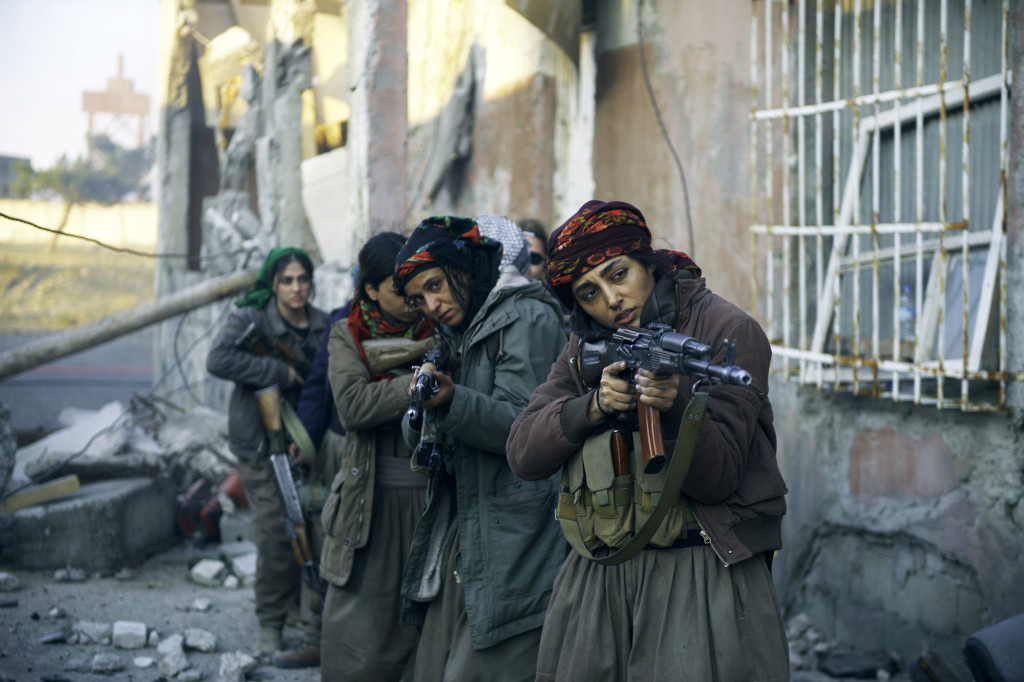
Eva has found it critical for the film not to be distinguished as being based on actual events so she can freely explore the theme of female empowerment, whilst simultaneously honoring the true accounts of female freedom fighters.
“The movie was not about the actual events and the actual factions. The movie is about the way women throughout history are taken as hostages,” Eva describes, as we talk during the London Film Festival.
As the actual events were unfolding in 2014, Eva was emotionally devastated by the news. “The story was the most depressing thing on earth,” she recalls.
It was a year later a silver lining of inspiration appeared to her. Precisely on August 31, 2015— “for some reason I remember this date,” where she learned of the all-female battalions fighting IS.
“These fighters were women that had been put into positions of victimhood and refused to be victims and became fighters,” Eva says. “I thought this was so emblematic of the strength of women.”
Along the themes of female empowerment and not falling into victimhood, it’s poetic that prior to the Girls of the Sun premiere at the 71st Festival de Cannes, a protest occurred where 82 female filmmakers marched the red carpet including Cate Blanchett, president of festival’s competition jury.
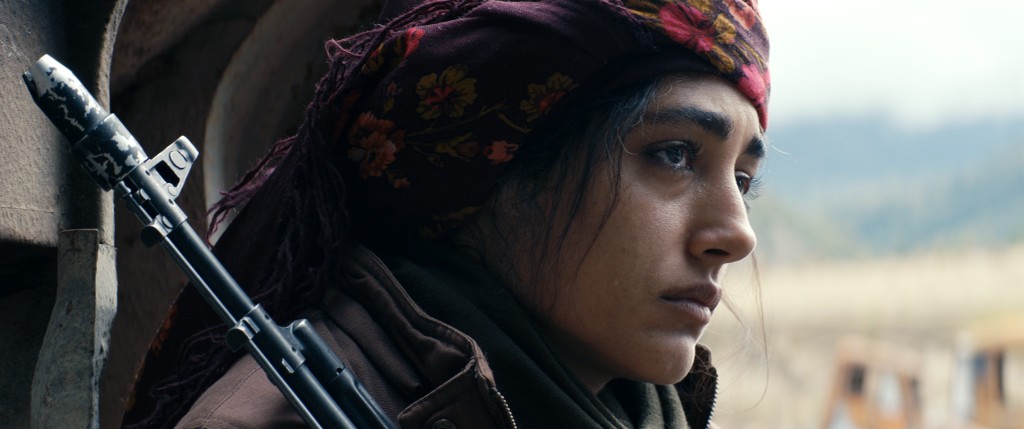
The number 82 is significant as each woman represented the 82 female-directed films that have been selected for competition at the festival, in comparison to the 1,645 that were directed by men.
“The film goes into the gigantic closet of silence that surrounds women in history,” Eva says. “Every little brick counts towards the construction of the bigger wall and I think its part of that conversation.”
Girls of the Sun is also instrumental in opening the conversation of the genocide that took place where many people around the world have never heard of the atrocities or the Yazidi people.
“It was a very emotional experience,” Eva says of premiering the film in such countries like Taiwan where the audience was uninformed of this traumatic event.
Although the film is fictional, Eva passionately provides reverence and honesty to the actual events and of those who experienced it. Much to this acclaim is the extensive research conducted prior to production where Eva traveled to Kurdistan meeting these women fighters and refugees.
The emotional core of each character portrayed in the film would not be able to exude such authenticity without deep understanding from the people who were there.
Further extenuating the film’s authenticity is the character of Lamia who is one of the fighters in the battalion played by Zübeyde Bulut who is a Yazidi.
An exceptional natural acting talent Eva discovered whilst casting in Berlin, after Zübeyde got the part, she cried for 20 minutes explaining how important this film was for her, as, “this is the story of my family,” she says.
Related Reading




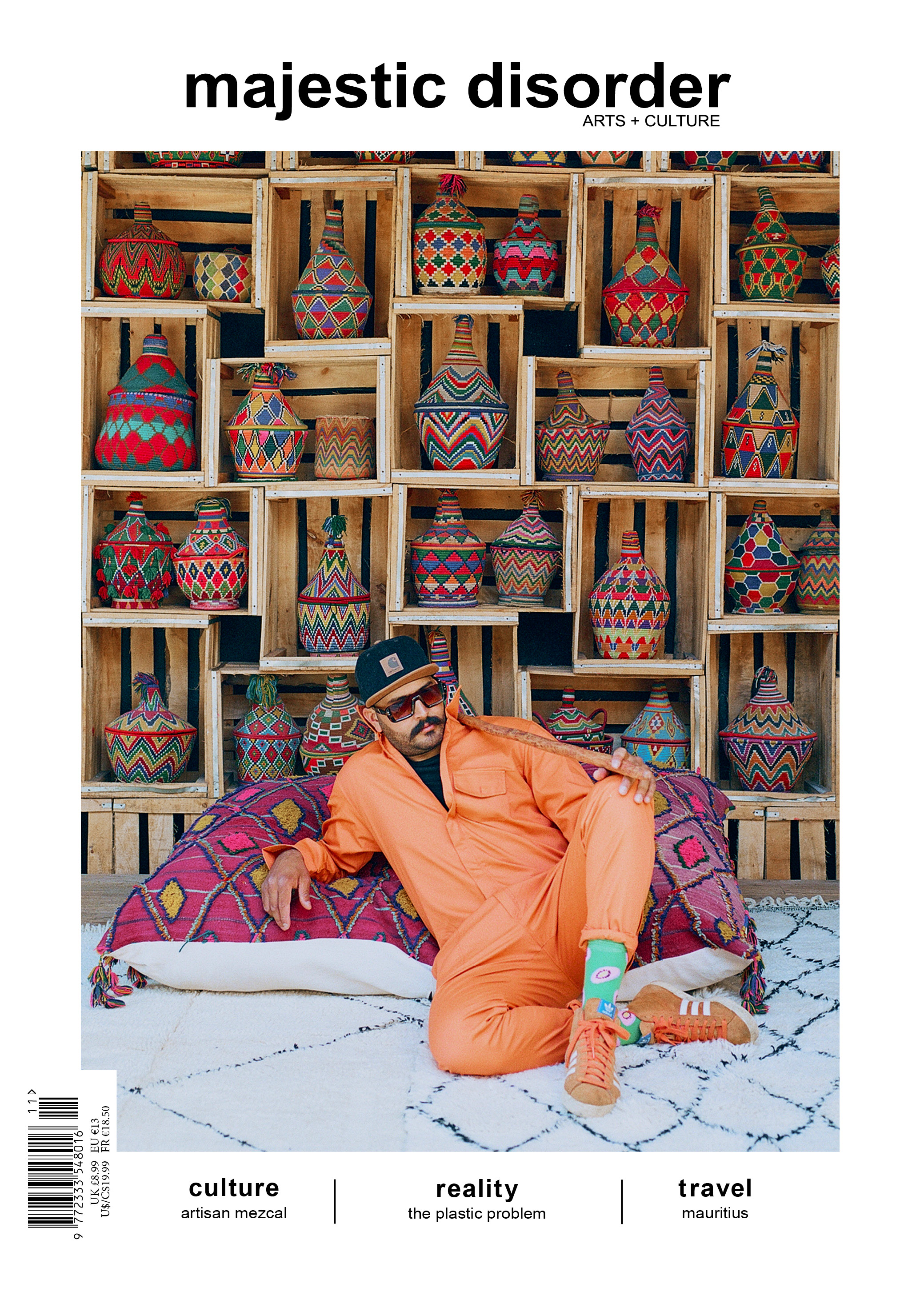
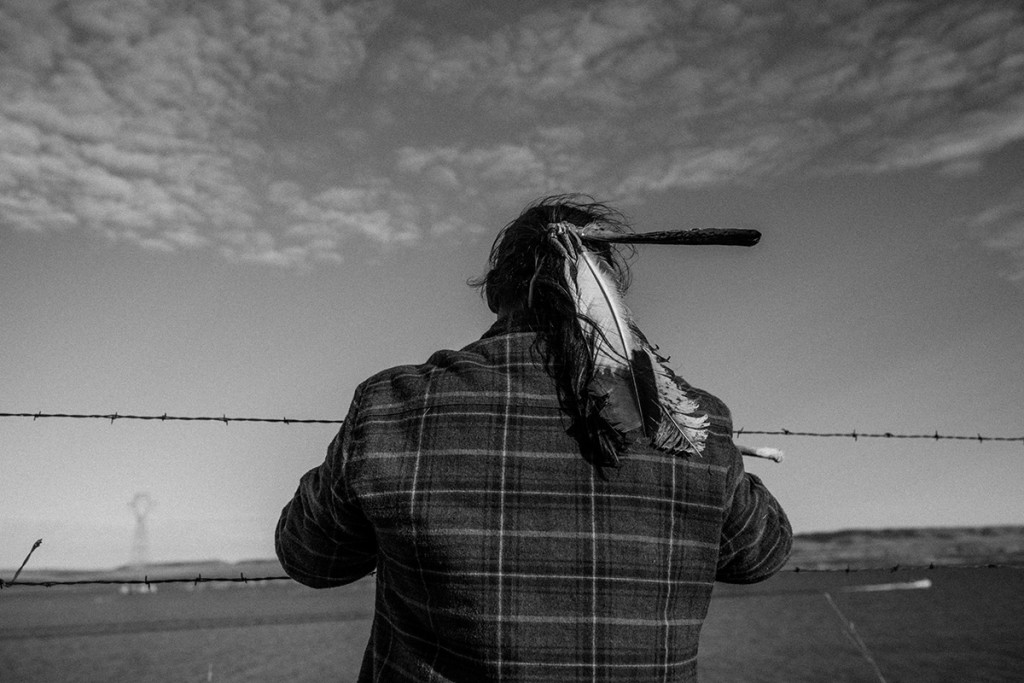
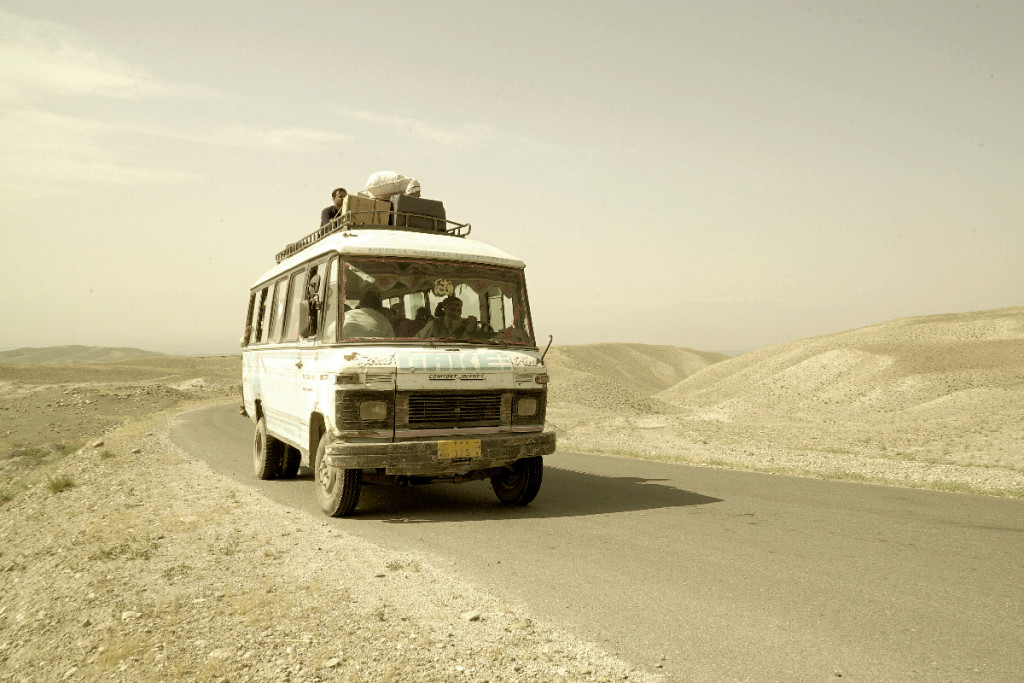
 @majesticdisorder
@majesticdisorder